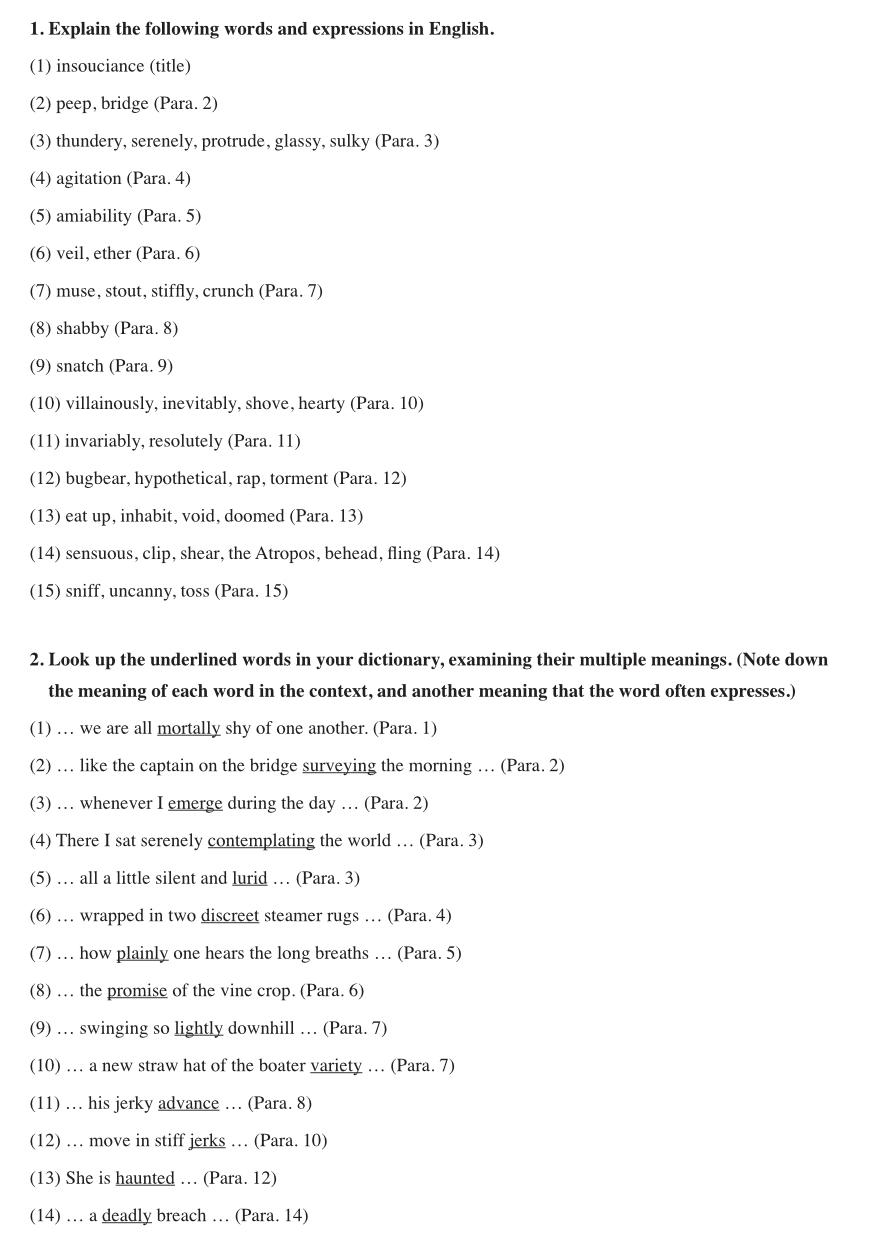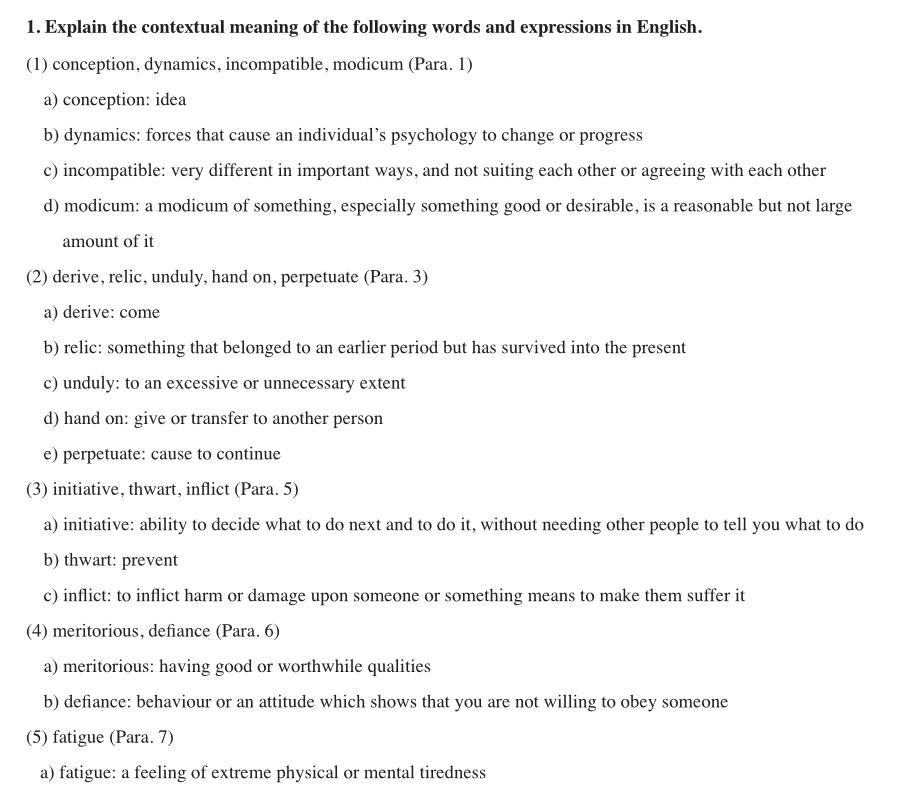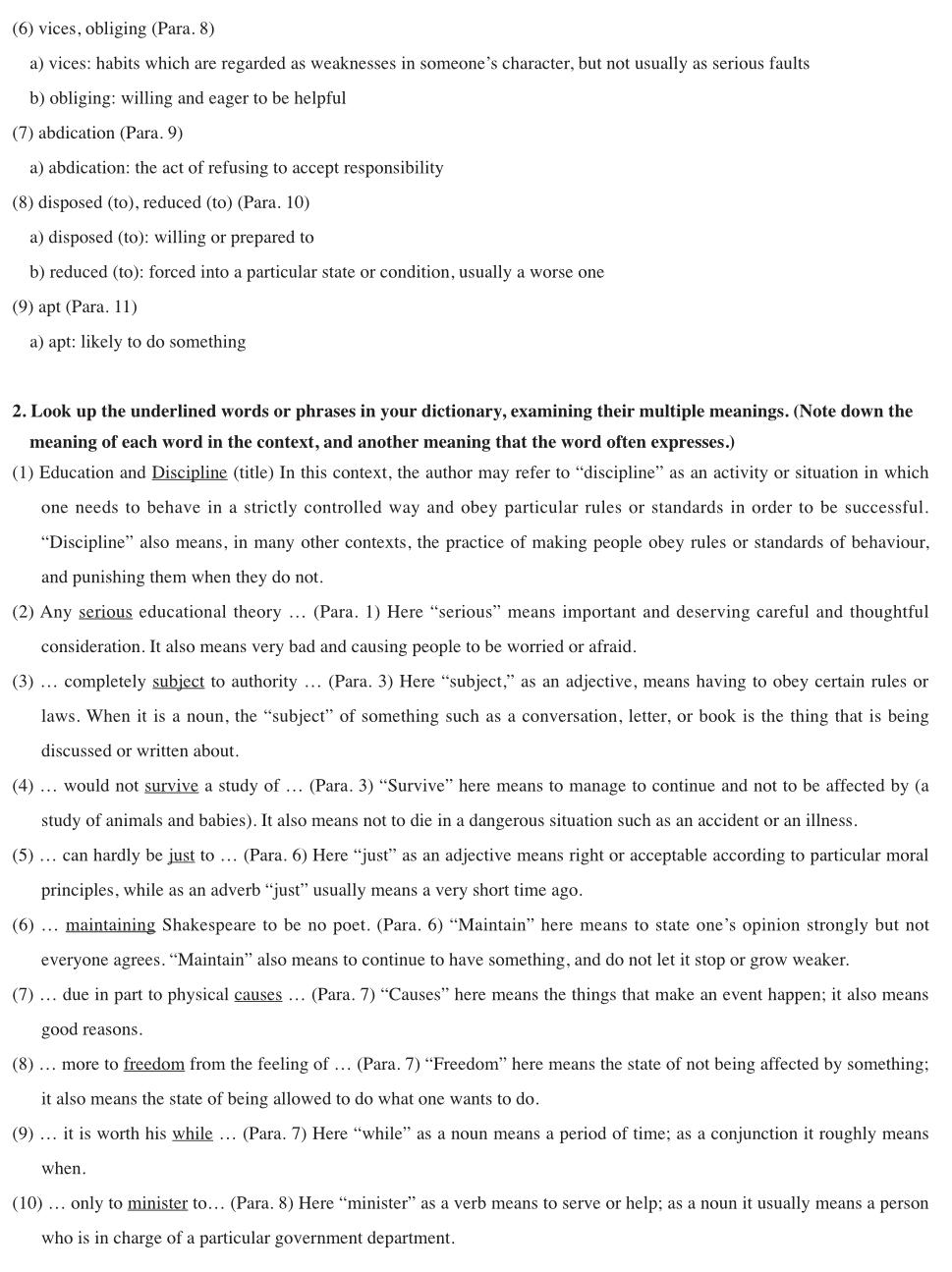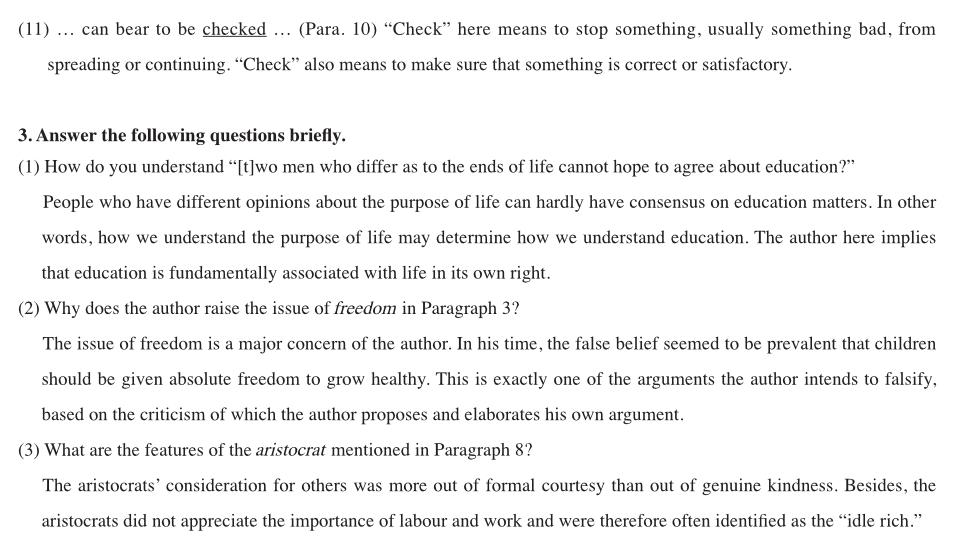Insouciance
2020-06-01D.H.Lawrence
D.H.Lawrence



My balcony is on the east side of the hotel, and my neighbours on the right are a Frenchman, white-haired, and his white-haired wife; my neighbours on the left are two little white-haired English ladies. And we are all mortally shy of one another.
When I peep out of my room in the morning and see the matronly French lady in a purple silk wrapper, standing like the captain on the bridge surveying the morning, I pop in again before she can see me. And whenever I emerge during the day, I am aware of the two little white-haired ladies popping back like two white rabbits, so that literally I only see the whisk of their skirt-hems.
This afternoon being hot and thundery, I woke up suddenly and went out on the balcony barefoot. There I sat serenely contemplating the world, and ignoring the two bundles of feet of the two little ladies which protruded from their open door ways, upon the end of two chaises longues. A hot, still afternoon! the lake shining rather glassy away below, the mountains rather sulky, the greenness very green, all a little silent and lurid, and two mowers moving with scythes, downhill just near: slush! slush! sound the scythestrokes.
The two little ladies become aware of my presence. I become aware of a certain agitation in the two bundles of feet wrapped in two discreet steamer rugs and protruding on the end of two chaises longues from the pair of doorways upon balcony next me. One bundle of feet suddenly disappears; so does the other. Silence!
Then lo! with odd sliding suddenness a little white-haired lady in grey silk, with round blue eyes, emerges and looks straight at me, and remarks that it is pleasant now. A little cooler, say I, with false amiability. She quite agrees, and we speak of the men mowing; how plainly one hears the long breaths of the scythes.
By now we are tête-à-tête. We speak of cherries, strawberries, and the promise of the vine crop. This somehow leads to Italy, and to Signor Mussolini. Before I know where I am, the little white-haired lady has swept me off my balcony, away from the glassy lake, the veiled mountains, the two men mowing, and the cherry trees, away into the troubled ether of international politics.
I am not allowed to sit like a dandelion on my own stem. The little lady in a breath blows me abroad. And I was so pleasantly musing over the two men moving: the young one, with long legs in bright blue cotton trousers, and with bare black head, swinging so lightly downhill, and the other, in black trousers, rather stout in front, and wearing a new straw hat of the boater variety, coming rather stiffly after, crunching the end of his stroke with a certain violent effort.
I was watching the curiously different motions of the two men, the young thin one in bright blue trousers, the elderly fat one in shabby black trousers that stick out in front, the different amount of effort in their mowing, the lack of grace in the elderly one, his jerky advance, the unpleasant effect of the new ‘boater on his head—and I tried to interest the little lady.
But it meant nothing to her. The mowers, the mountains, the cherry trees, the lake, all the things that were actually there, she didnt care about. They even seemed to scare her off the balcony. But she held her ground, and instead of herself being scared away, she snatched me up like some ogress, and swept me off into the empty desert spaces of right and wrong, politics, Fascism and the rest.
The worst ogress couldnt have treated me more villainously. I dont care about right and wrong, politics, Fascism, abstract liberty, or anything else of the sort. I want to look at the mowers, and wonder why fatness, elderliness, and black trousers should inevitably wear a new straw hat of the boater variety, move in stiff jerks, shove the end of the scythe-strokes with a certain violence, and win my hearty disapproval, as contrasted with young long thinness, bright blue cotton trousers, a bare black head, and a pretty lifting movement at the end of the scythe-stroke.
Why do modern people almost invariably ignore the things that are actually present to them? Why, having come out from England to find mountains, lakes, scythe-mowers and cherry trees, does the little blue-eyed lady resolutely close her blue eyes to them all, now shes got them, and gaze away to Signor Musolini, whom she hasnt got, and to Fascism, which is invisible anyhow? Why isnt she content to be where she is? Why cant she be happy with what shes got? Why must she care?
I see now why her round blue eyes are so round, so noticeably round. It is because she ‘cares. She is haunted by that mysterious bugbear of‘caring. For everything on earth that doesnt concern her she ‘cares. She cares terribly because far-off, invisible, hypothetical Italians wear black shirts, but she doesnt care a rap that one elderly mower whose stroke she can hear, wears black trousers instead of bright blue cotton ones. Now if she would descend from the balcony and climb the grassy slope and say to the fat mower: ‘Cher monsieur, pourquoi porlez-vous les pantalons noirs? Why, oh, why do you wear black trousers?—then I should say: What an on-thespot little lady!—But since she only torments me with international politics. I can only remark: What a tiresome off-the-spot old woman!
They care! They simply are eaten up with caring. They are so busy caring about Fascism or Leagues of Nations or whether France is right or whether Marriage is threatened, that they never know where they are. They certainly never live on the spot. They inhabit abstract space, the desert void of politics, principles, right and wrong, and so forth. They are doomed to be abstract. Talking to them is like trying to have a human relationship with the letter x in algebra.
There simply is a deadly breach between actual living and this abstract caring. What is actual living? It is a question mostly of direct contact. There was a direct sensuous contact between me, the lake, mountains, cherry trees, mowers, and a certain invisible but noisy chaffinch in a clipped lime tree. All this was cut off by the fatal shears of that abstract word Fascism, and the little old lady next door was the Atropos who cut the thread of my actual life this afternoon. She beheaded me, and flung my head into abstract space. Then we are supposed to love our neighbours!
When it comes to living, we live through our instincts and our intuitions. Instinct makes me run from little over-earnest ladies; instinct makes me sniff the lime blossom and reach for the darkest cheery. But it is intuition which makes me feel the uncanny glassiness of the lake this afternoon, the sulkiness of the mountains, the vividness of near green in thunder-sun, the young man in bright blue trousers lightly tossing the grass from the scythe, the elderly man in a boater stiffly shoving his scythestrokes, both of them sweating in the silence of the intense light.
學习任务

学习任务

*本期学习任务的答案将刊登在《英语学习》2020年5月刊,敬请关注。
一期答案



篇章讲解赏析
本文是罗素的名篇之一。作者在第一段就明确提出教育的目的,既涉及人的个性发展,也涉及人的社会性发展。作者进而阐述为达成这样的教育目的,应当运用什么样的教育方法。因此,文章题目中的“discipline”不宜简单理解为“约束”,它指的应当是“训练的方法”。
作者对训练方法的讨论围绕“自由”(freedom)的问题展开。他批评了两种不良的极端倾向:一种是过度强调自由的重要性,认为在完全自由的状态下,儿童才会自然发展,因此否定科学的教育干预对儿童成长的意义;另一种是过度施加控制,甚至是通过恐吓、严惩等手段规范儿童行为。
针对第一种错误认识,作者首先指出这种观点在逻辑上就站不住脚(如第三段,“[t]his last party is larger than it has any logical right to be; children, like adults, will not all be virtuous if they are all free.”)。作者进一步深刻揭示了形成这种观点的根源,即第四段谈到的“[t]he arguments in favour of a great degree of freedom in education are derived not from mans natural goodness, but from the effects of authority”。作者认为,倡导给儿童自由的人往往不是因为相信人的本性是好的,而是自己曾经受压迫、被挤压,无法享受自由,因此痛恨或恐惧自由的缺失。这便使作者从第五段开始,自然过渡到对第二种错误认识的批驳,即过度施加控制会使得人变得胆小有奴性,或者反叛但无理性。
从第七段开始,作者从正面提出自己的观点,即教育应当培养人的“good nature”和“general friendliness”,且应当关注人本身的发展,而不是把人的发展视为实现其他目的的条件或工具。作者在后续的段落中还详细阐述了培养的方法和要领,也谈到了教师相关的问题。很有意思的一点是,作者认为和儿童相处时间过长,会使教师感到精神疲惫(nervous exhaustion),不能对儿童持续友善,这也会影响教育的效果。(北京外国语大学 徐浩)
